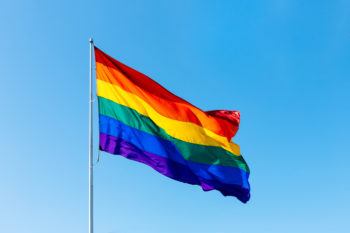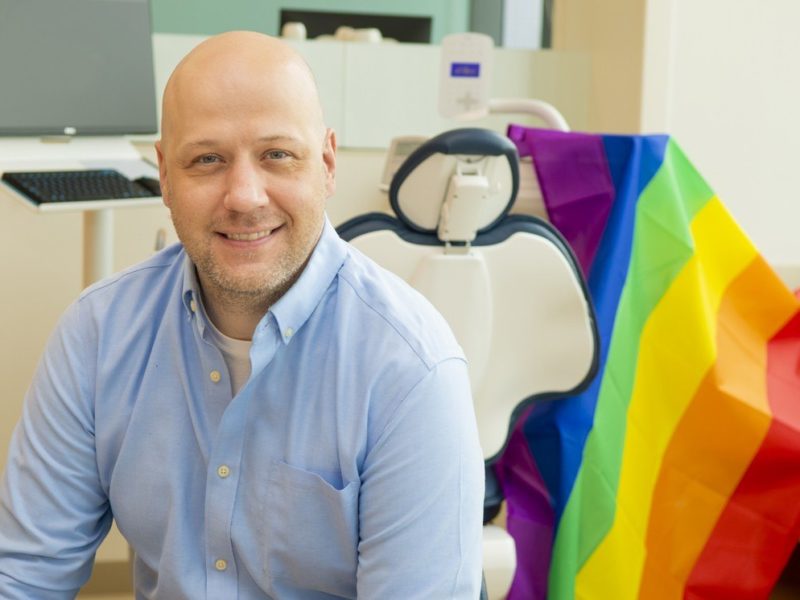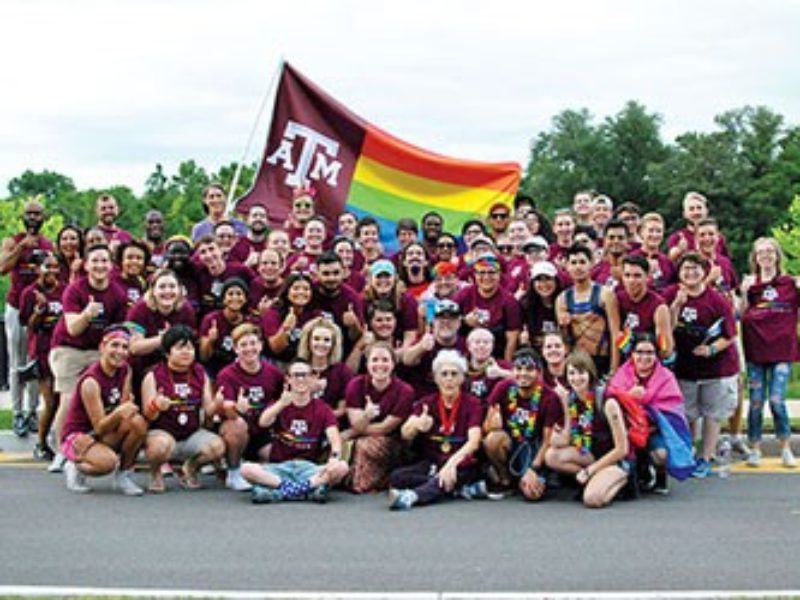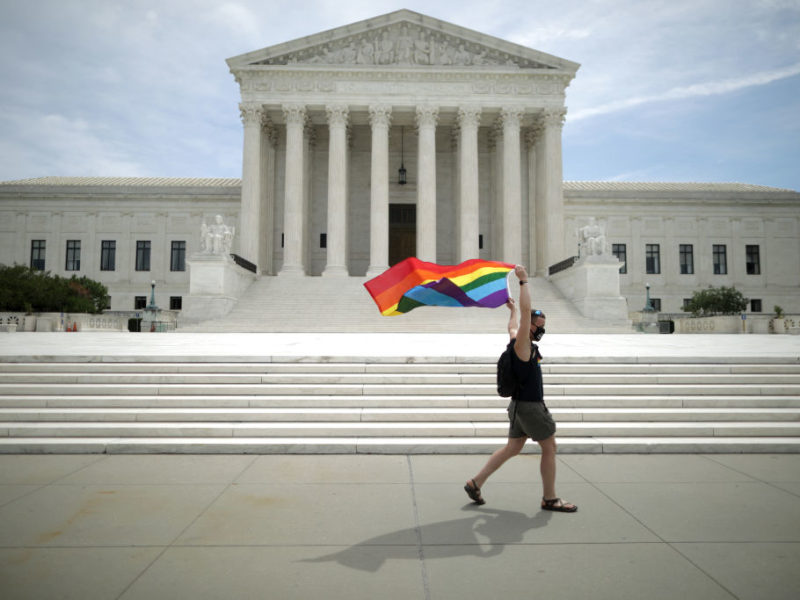The History Of Pride Month

On June 28, 1969, a New York City police raid of the Stonewall Inn sparked a series of riots in the LGBTQ community and ignited the gay liberation movement. One year later, thousands of people marched in the streets, demanding equal rights for the LGBTQ community. That first parade has transformed into a worldwide celebration of LGBTQ pride and history every June.
Associate Editor Kris May from the Texas A&M University Department of English said it is important to understand that the fight for LGBTQ rights is far from over.
“Of course we should commemorate civil rights challenges and victories throughout history because they are in Pride Month’s roots,” May said. “But when we look at the importance of pride and celebrating those challenges, I am somewhat discouraged that Pride Month has become so mainstream. For a lot of people, Pride Month is just a party or celebration, which is great, but some of the reasons for this celebration have been forgotten. We have a lot to celebrate because things have changed, but at the same time there is still a lot of work to do.”
Although the Stonewall riots are often considered the catalyst to the LGBTQ civil rights movement, May said Pride Month’s origins cannot be tied to one moment. Rather, it was a collection of movements leading to the celebration we have today.
“There were other movements throughout the country that were locally organized with a political goal of gay liberation,” May said. “As we moved into the ‘80s and ‘90s we started to see a national movement bringing some of these themes together to make this into something that we do all over the country, in larger communities. But as this was happening in the ‘80s and ‘90s, a lot of pride festivals became heavily corporatized.”
Due to the corporatization of pride festivals and parades, May said this made the movement more mainstream. While this has led to greater visibility of the LGBTQ community, it has also caused the erasure of many radical elements that were included before.
“Visibility can and has brought about political change,” May said. “Looking at Pride and all these aspects of the queer community, you can see how mainstreaming has some advantages, but also some real disadvantages. There are voices and people that it excludes and marginalizes.”
During Pride Month in particular, May said it’s important to understand the diversity of voices involved in its history.
“History is messy, and certainly queer history is messy. Thinking closely about how we tell pride stories and how we do pride and what pride is, we know it’s huge and the significance of it is incredible, but there are ways that pride has also ironed out that messiness,” May said. “A lot of times the powerful stuff is in the messiness but we try to organize things so it’s all nice and even and there’s this nice chronological history and this is how it happened, but it’s really a lot messier than that, and a lot more people than we know were involved, and the diversity of people is important.”
According to May, while it’s important to understand the complicated and diverse history of Pride Month, we should also be mindful of the way we celebrate. Above all else, May said we should be respectful while taking part in the celebration.
“It is important to be respectful to all of the voices and all of the stories involved in Pride Month,” May said. “As a queer, trans, white person, I shouldn’t impose my story on other people because everyone’s story is different and we should come together to honor those and celebrate those differences. As far as allies go, listen to those stories and voices and don’t try to save queer people. We need allies that are willing to intervene in situations that they know are wrong. So offer help, offer support, support your trans kids your queer kids and make sure they can tap into the resources that they need. Make a donation here locally, we have the Pride Community Center in College Station and of course here on campus we have our own LGBTQ+ Pride Center. Read a book, educate yourself and as you enjoy pride keep in mind that there is still a lot of work to do.”
This article by Mia Mercer originally appeared on the College of Liberal Arts website.





